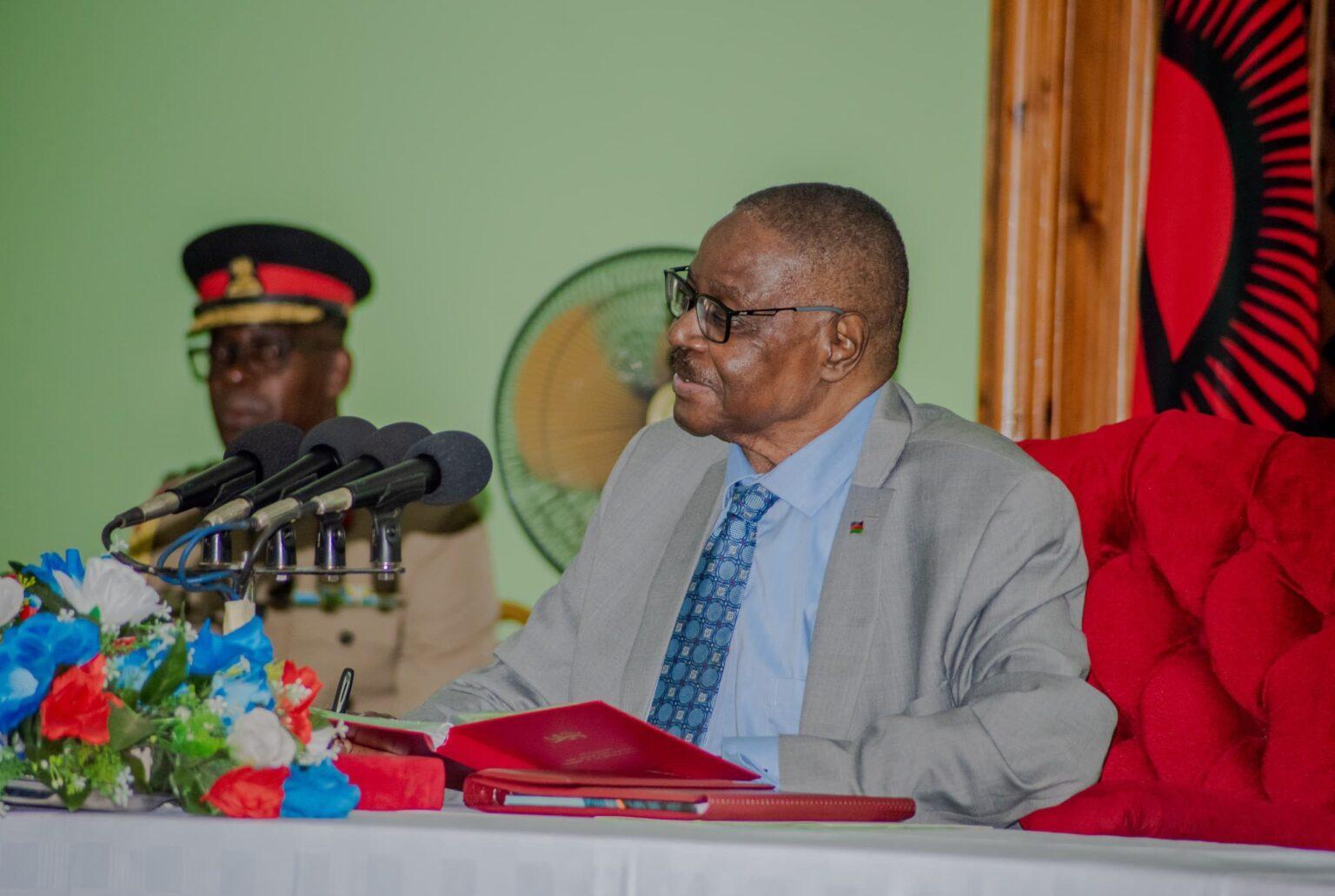Africa-Press – Malawi. There are 193 countries in the world — and many have never sat on the United Nations Security Council (UNSC). But Malawi’s absence is especially striking.
Across Africa, only six countries have never served as non-permanent members of the Council: Central African Republic, Lesotho, Seychelles, South Sudan, Eswatini, and Malawi. Six out of fifty-three — a small, telling group defined largely by size, stability, and global visibility.
While some of these countries have struggled with conflict or capacity, others, like Malawi, have simply never tried. Since independence in 1964, Malawi has made zero attempt to secure a seat — even as its neighbours have taken their turns at the global high table.
Consider this: Zambia was a member as far back as 1969. Tanzania, Zimbabwe, Kenya, Angola, Botswana, South Africa, Rwanda, and Mozambique — all have served. Even Mozambique, which gained independence eleven years after Malawi and endured years of civil war, has been on the Council.
So, what makes membership worth pursuing?
Research by Kuziemko and Werner (2006) found that countries serving as non-permanent members receive more foreign aid from the UN and US-led agencies like UNICEF during their tenure. But the benefits go beyond aid. A seat brings diplomatic prestige, global visibility, and influence — a chance to shape policy, build alliances, and promote national interests on a world stage.
In diplomacy, the power to cast a vote can be more than symbolic — it can be a bargaining chip. Countries often use their position to attract bilateral support, negotiate deals, and amplify their voice in international affairs.
As one might put it, it’s a classic case of the tail wagging the diplomatic dog — small nations using global platforms to gain leverage.
For Malawi, membership would open new doors: deeper partnerships, stronger influence, and a louder voice on issues that matter most — from peacekeeping to development aid.
Yet, for decades, the focus has remained on attending the UN General Assembly, not competing for a seat at the Security Council.
It’s time to ask: Why has Malawi never tried? And more importantly — what could change if it finally did?
For More News And Analysis About Malawi Follow Africa-Press






